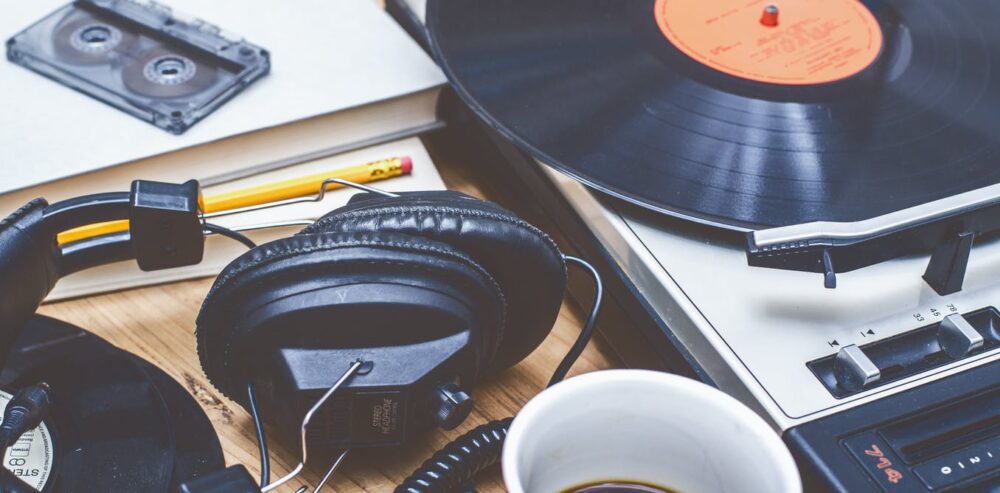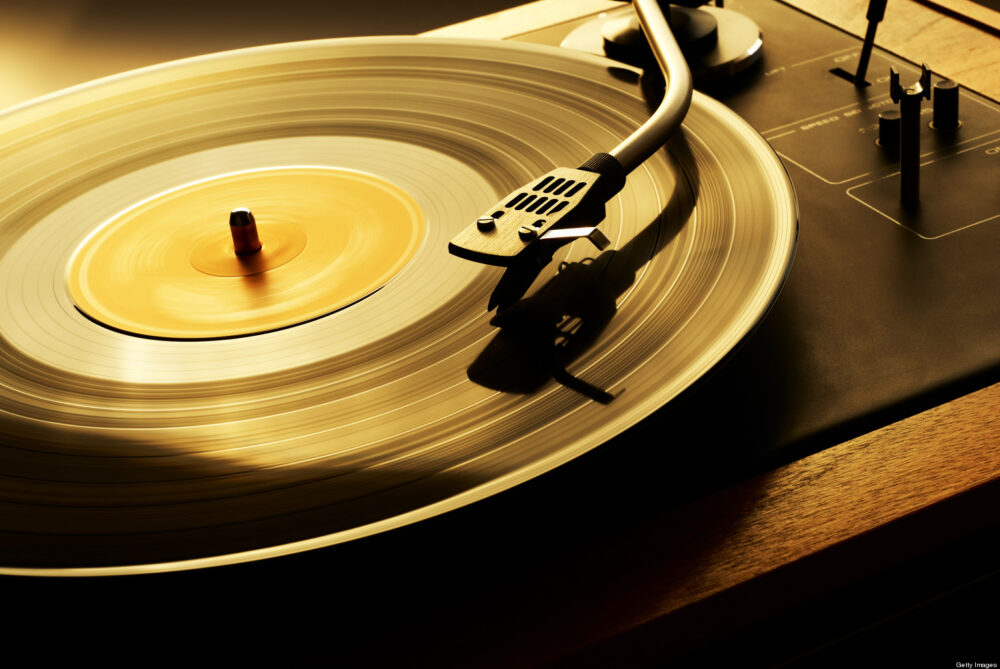Technology is quickly evolving. Anyone who lived through the 80s and 90s has witnessed rapid developments. Music storage formats from the vinyl, cassettes, and 8-track were standard. The late 1980s and early 90s saw CDs in the market, displacing the then typical vinyl albums almost wholly. Compact discs were initially made to only store and play sound recordings.. It later developed into more sophisticated discs. Today, this portable storage medium is used to store, record, and playback audio data in a digital format.
A few years ago, a new way of distributing digital music through containerless files via the internet and storage on home computers entered the market. MP3 is now a standard method that is convenient and very popular among students both in high school and college as they can get music copies online. Musicians who cannot afford to get recording contracts with renowned recording labels have enthusiastically embraced MP3 as they can record their content and avail it online for their audience.
Which is Better Between CD and Audio Files
Advantages of Digital Files

When music is distributed through the internet, costs associated with making and distributing the music are avoided. This earns the musician more and could translate to the consumer paying less. CDs retail price paid by the consumer goes to the disc distributor, retail store, manufacturer, and finally, the recording company. The recording artist and composer receive a small fraction, usually less than 16 percent of the buying price.
Digital formats eliminate cases of both less and excess production as record labels guess the number of copies a CD consumer needs.
Increase the number and variety of musicians in the market. Digital files make it easy for more players to record and avail their music to the public. The new technology has seen an increase in new artists as there are more convenient opportunities. People can effortlessly access music from all over the world at the click of a button. Artists get a fair ground despite their popularity, unlike before, where artists were at the mercies of promoters and recording labels., Here the success of the artist depends on the listeners.
Internet distribution also voids annoyances like disappointments with CDs out of stock, travel time to buy a CD, and having to buy an entire CD when you only want a track. The digital files offer precision and convenience to consumers as they get what they want instantly. There is no shipping or delivery time. You place an order and get your content immediately. You also avoid the scenarios like a lost package or damaged CDs that will take a long time to replace.
One of the most significant benefits the world wide web offers is its ability to decentralize semiotic power. The distribution of music through the internet contributes to decentralization. Musicians can now reach a wider audience without going through the ‘big five’ record companies. On the other hand, consumers can manipulate the music they love and blend it with their materials. Experts producing things like photo slideshows use music that the clients love to bring life to the show. Digital files have increased alteration and interaction opportunities.
Disadvantage

The major drawback of digital files is when music is distributed via the internet; it denies the music creators their well-deserved recognition and compensation. Most digital files are not secured, and nothing will stop anyone from using the music. Distribution of unauthorized copies cripples the recording industries and artists. Online music and content rely on the goodwill of the users for creators to benefit from their production. Improvement in this area can make a significant impact on the music and art industry.
CDs have a resale value. If you have a collection of music CDs, you can sell to an interested third party. Digital music does not have that option. When you purchase the songs, you are paying for the ability to listen to the songs for personal use. Selling digital music can subject you to legal action as you may be charged with copyright infringement.
Though the resale price for CD is meager after the entrance of MP3 files, it will still fetch more than digital data.
Buying a CD gives you a two in one advantage. If you buy a CD, you can get the digital format of the same. All you need to do is contract a ripping expert like Classic Memories and digitize your content. High quality digital files of your music can sound just as great as your original CDs.

There is a sense of satisfaction in an extensive collection of CDs, like any other tangible acquisition. Like owning a large selection of books in your library, you get a sense of pride from a display of CDs.
Pictures and liner notes make a difference. You interact with the artist at a different level with the CD at hand, artwork, and exclusive photos. In some cases, you are lucky to hold a copy of the hand-signed CD cover. In some cases, you also get the lyrics. While you can get all these details online, it is a different feeling.
You can hold your CD. The ability to feel and touch something you have bought offers a great sense of satisfaction. Purchasing digital files, on the other hand, gives you a list of albums to download.
CDs also allow you to have a library with themes. You can engage the services of Classic Memories to help you arrange your CDs with photo slide shows or music, among others.
Conclusion

Depending on what you seek to achieve, your output devices and content, you may opt for one over the other. But having a CD gives you an advantage over digital files as you can rip them and have the content in other digital formats.



